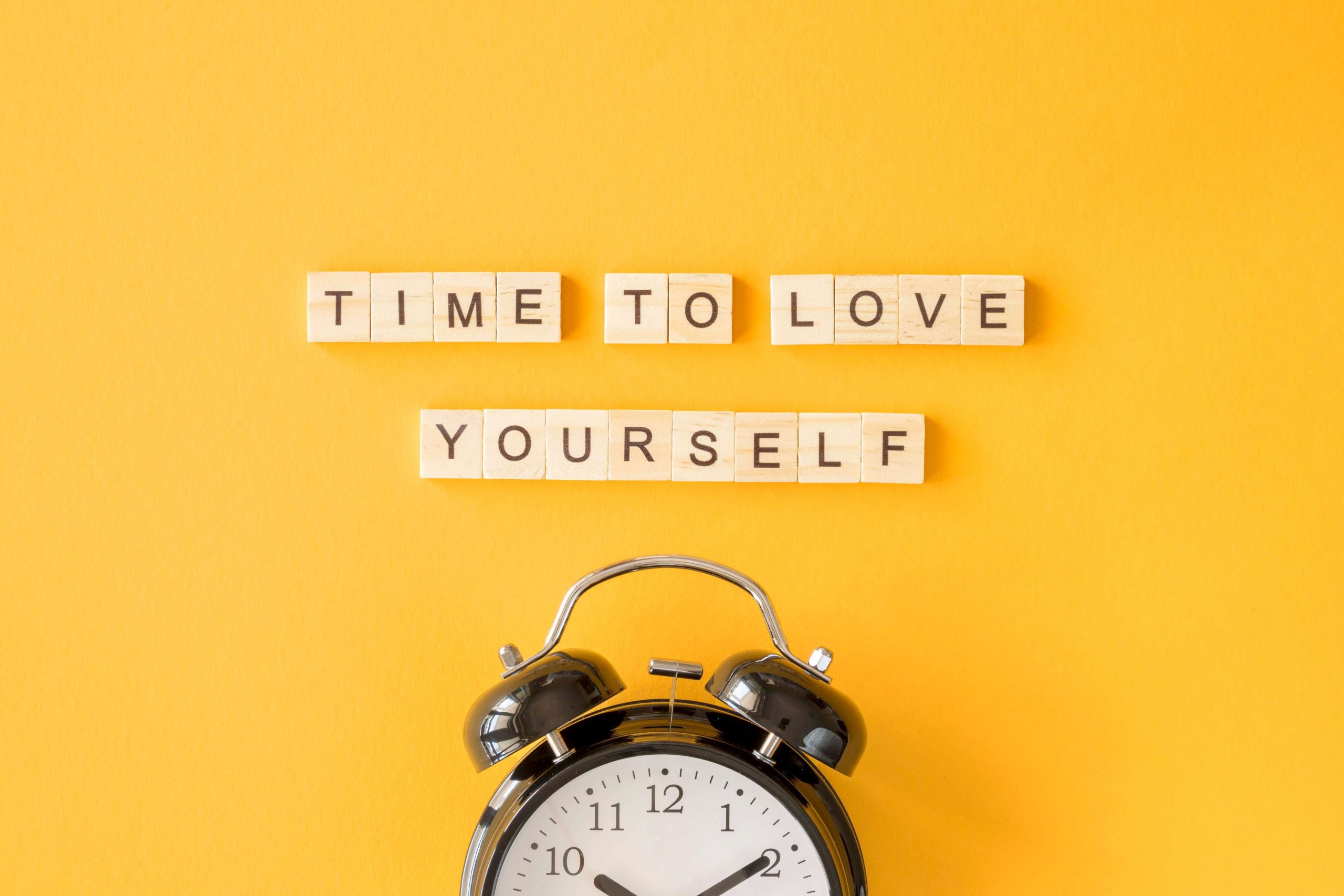We all know what works best for us, right? The standard advice- sleep well, exercise, eat well, reduce stress, drink plenty of water- keeps changing with time to get us through the entire day or rather through the global epidemic. Many of us are informed about primitive self-help or self-care. So what’s keeping us from engaging in things that work best for our well-being?
The answer to this question would differ from person to person; however, most of the answers settle at the same old saying, ‘it’s easier said than done.’ Besides, what was challenging before COVID-19 appears even more difficult now. Looking after ourselves at a time when the entire world is collapsing can seem almost impossible.

So, how can one get motivated and feel better?
Well, a new study conducted by the Communication Neuroscience Lab at the University of Pennsylvania discovered that those who had a strong sense of life purpose felt less lonely during the COVID-19 isolation.
The study researchers discovered that a high level of loneliness made a person focus less on safeguarding themselves from the infection. Rather, it made them more skeptical about the fact that a behavior change would be effective to avert COVID-19. On the other hand, they also found that a greater sense of life purpose was linked to a lower level of loneliness and an increased desire to take precautions to prevent COVID-19.
Those with a greater sense of life purpose also showed a higher belief that coronavirus precaution behaviors would certainly work. Moreover, when people having a higher sense of life purpose reported feeling lonely, they still had a strong desire to protect themselves from COVID-19.
Some life purpose examples you can consider including during COVID-19
Record your memories:
Sharing your personal stories or encounters of this difficult time- and how you are managing- can bring comfort, healing, and peace. In addition, it will also get others in your circle or family talking about the feelings or emotions this crisis has evoked and encourage conversations about tactics for putting up with it.
- Try this out: Have every member of your family fill out their 2021 COVID-19 Time Capsule. And then have a discussion!
Concentrate on gratitude:
Observing how other people are making a positive impact could help encourage you to also do the same.
- Try this out: With your family, discuss the fearless fighters or heroes who are tireless fighting to beat this crisis. Next, show your gratitude and appreciation through different online mediums (social media platforms).
Share responsibilities:
You should talk with your peers or family about the significance of making a contribution to a good cause- both at your house as everyone participates in cleaning, doing laundry, and bringing food to the dinner table and in the society, as you seek shelter inside to help keep others around safe.

- Try this out: Install an At-Home Helper Map on your phone and determine how every family member could contribute while you shelter and spend time together.
Re-Affirm New Rituals:
Rituals play a crucial role. They help provide comfort and stability, keep us tied together, regain our focus on what is significant, and celebrate faith during bad times.
- Try this out: Consider morning walks or meditation before hitting the bed. Or ignite candles during dinner time and raise a toast to good old times. Include fun and silly rituals, too, such as themed dinners or playing indoor games during weekends.
If the pandemic has hampered your social life and has ended up making you feel lonely, try some of the above listed suggestions to address loneliness and cope with these distressing times.


Leave a reply